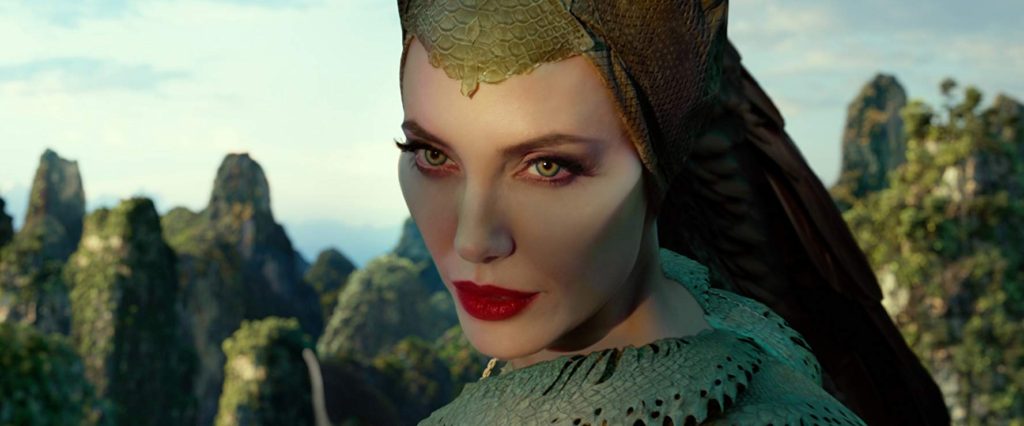“Wicked” — like “bitch,” “slut,” “difficult,” “shrill,” “emotional,” or “nasty” — is a word that is employed to shut women down. If a woman is angry, or independent, or intelligent, or generally acts in a way that society deems unfit for her gender, she’s labeled as wicked or something akin to it. And then that’s just how the world sees her, no matter what she says or does.
Angelina Jolie wants women to embrace the wickedness label. In fact, she wants there to be more wicked women, period. The Oscar winner penned an essay for Elle praising and defending wicked women, while also calling out the world’s (historical and contemporary) tendency to punish women who resist traditional roles.
“What is it about the power of a woman free in mind and body that has been perceived as so dangerous throughout history?” Jolie asks. “In the past, the Old Testament command ‘Thou shalt not suffer a witch to live’ was taken literally.” She continues, “Women could be accused of witchcraft for having an independent sex life, for speaking their mind on politics or religion, or for dressing differently. Had I lived in earlier times, I could have been burnt at the stake many times over for simply being myself.”
The fear of witchcraft, and by extension, the fear of powerful women, is something that continues today. “It is startling how often women who run for political office in democratic countries are described as witches,” the “Maleficent” star observes. “Bring together a group of strong women, and before too long someone will brand them a ‘coven’ — the technical term, to be clear, for a gathering of witches meeting at night to consort with the devil.” This will probably ring a bell for anyone who has followed Trump’s racist attacks on Alexandria Ocasio-Cortez, Ilhan Omar, Ayanna S. Pressley, and Rashida Tlaib.
“For all our modern advances, the independence and creative energy of women is still frequently seen as a dangerous force to be controlled, often in the name of religion, tradition, or culture,” Jolie argues. Women, especially women actively pushing back against the status quo, are punished. So, the multi-hyphenate argues, maybe women should combat the wicked label by reclaiming it.
“‘Wicked women’ are just women who are tired of injustice and abuse,” Jolie declares. “Women who refuse to follow rules and codes they don’t believe are best for themselves or their families. Women who won’t give up on their voice and rights, even at the risk of death or imprisonment or rejection by their families and communities.” She concludes, “If that is wickedness, then the world needs more wicked women.”
Jolie won an Academy Award for her supporting turn in “Girl, Interrupted.” In 2014 she received the Academy’s Jean Hersholt Humanitarian Award. She has helmed five features: “First They Killed My Father,” “By the Sea, “Unbroken,” “In the Land of Blood and Honey,” and “A Place in Time.” Her upcoming slate includes Thea Sharrock’s animated family comedy “The One and Only Ivan,” Brenda Chapman’s fantasy adventure “Come Away,” and Chloé Zhao’s Marvel pic “The Eternals.”
You can see Jolie next as a proudly wicked woman in “Maleficent” sequel “Mistress of Evil,” in theaters October 18.







